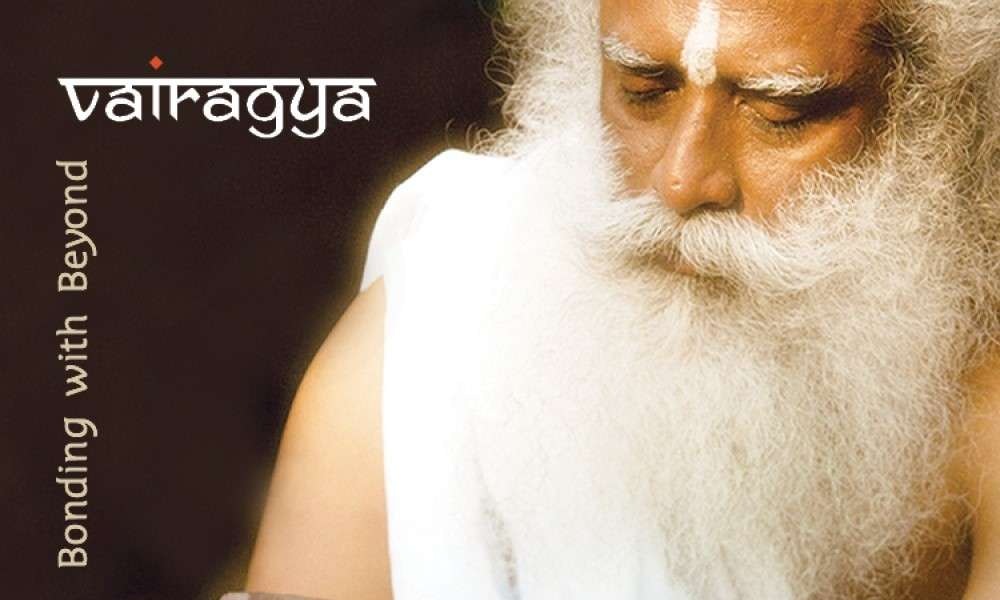This may be more in line with my unfinished assignment by Thomas of reading book Paths To Transcendence. But I currently looked up Jaspers as I was contemplating God as Comforter, which I plan to make a theme for a new thread about one specific way that God FUNCTIONS in our lives, helping create self-fulfilling life that transcends suffering. :
From Wikipedia:
Jaspers points out that as people question
reality, they confront borders that an empirical (or scientific) method simply cannot transcend. At this point, the individual faces a choice: sink into despair and resignation, or take a
leap of faith toward what Jaspers calls
Transcendence. In making this leap, individuals confront their own limitless
freedom, which Jaspers calls
Existenz, and can finally experience
authentic existence.[
citation needed]
Transcendence (paired with the term
The Encompassing in later works) is, for Jaspers, that which exists beyond the world of
time and space. Jaspers's formulation of Transcendence as ultimate non-objectivity (or no-thing-ness) has led many philosophers to argue that ultimately, Jaspers became a
monist, though Jaspers himself continually stressed the necessity of recognizing the validity of the concepts both of
subjectivityand of
objectivity.[
citation needed]
Although he rejected explicit religious doctrines,
[2] including the notion of a personal God, Jaspers influenced contemporary theology through his philosophy of transcendence and the limits of human experience.
Mystic Christian traditions influenced Jaspers himself tremendously, particularly those of
Meister Eckhart and of
Nicholas of Cusa.



